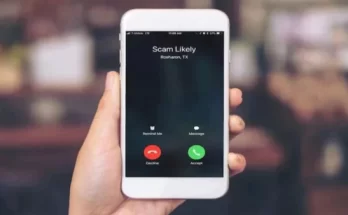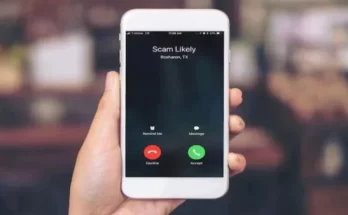Warning: 0120005441, 8008087000, 0120985480, 5031551046, 8009190347, 120999443, 222117258, 120252000, 0120-925-527, 120925318, 120998151, 570005040, 0120988315, 0120991013, 0120988315, 0120989393, 0120633439, 08005003225, 332659022, 120170001, 5088812828, 669104115, 5031599953, 120996085, 120979555, 8002229417, 922615616, 364358073, 8001009127, 5030336342, 120526888, 120917245, 364358073, 0120-252-000, 120868014, 120013175, 671669891, 120397663, 0570 005 040, 0120 247 218, 8007775926, 120426288, 050 3155 1046, 5053704031, 5031213937, 120954484, 0120 999 443, 120952650, 06 6910 4115 and 120961600 in in Japan.
Introduction
In recent times, a rising concern in Japan has been the increasing number of suspicious phone calls from unfamiliar numbers. Many individuals have reported receiving calls from phone numbers like 0120005441, 0120991013, 8008087000, 5031551046, 8009190347, and 120999443, with callers claiming to be from various organizations or institutions. These calls often involve phishing attempts, scams, and fraudulent activities. In this article, we will delve into the details of these suspicious phone calls, understand the risks associated with them, and learn how to protect ourselves from falling victim to such scams.
Understanding the Perplexity of Suspicious Calls
- What are Suspicious Calls?
Suspicious calls are unsolicited phone calls from unknown numbers that typically involve deceptive or manipulative tactics to extract personal information, financial details, or other sensitive data from unsuspecting individuals. Callers may pretend to be representatives from banks, government agencies, or even tech support personnel to gain trust and deceive their targets.
- The Burstiness of Call Incidents
The frequency of suspicious phone calls has surged significantly over the past few years. The “burstiness” of these incidents has raised concerns among citizens and law enforcement agencies alike. Such patterns indicate organized efforts by scammers and cybercriminals to exploit and target multiple victims at once.
Common Scams Associated with Suspicious Calls
- Financial Scams
One prevalent scam involves callers pretending to be bank officials, claiming issues with the target’s account or transactions. They might ask for login credentials, passwords, or OTPs (One-Time Passwords) under the pretext of resolving the alleged issues.
- Tech Support Scams
In this type of scam, callers pose as tech support representatives from renowned companies, asserting that the target’s computer has a virus or malware. They may try to persuade the victim to install malicious software or provide remote access to their system, enabling them to steal sensitive information.
- Prize and Lottery Fraud
Scammers often inform the recipients that they have won a lottery or prize and request payment for processing fees or taxes before the reward can be claimed. Victims are lured by the promise of a substantial reward but end up losing their money.
How to Protect Yourself from Suspicious Calls
- Never Share Personal Information
Avoid sharing personal details like passwords, PINs, social security numbers, or financial information over the phone, especially with unknown callers.
- Verify Caller Identity
If someone claims to represent an organization, verify their identity by calling the official number from the organization’s website or trusted sources.
- Register for Do-Not-Call Lists
Consider registering your number on Japan’s national “Do-Not-Call” list to reduce the number of unsolicited calls.
- Be Wary of Urgency
Scammers often create a sense of urgency to manipulate victims into making hasty decisions. Be cautious if the caller pressurizes you to act immediately.
- Report Suspicious Calls
If you receive a suspicious call, report it to the local authorities or your phone carrier to take appropriate action against scammers.
Conclusion
Suspicious phone calls can pose significant risks to individuals, leading to financial losses and identity theft. Understanding the perplexity and burstiness of these incidents is crucial in safeguarding ourselves from potential scams. By being cautious, verifying caller identities, and avoiding sharing personal information, we can protect ourselves from falling victim to these deceptive practices.
FAQs
- Q1: What should I do if I receive a suspicious call?
A1: If you receive a suspicious call, avoid sharing personal information and report the incident to the authorities or your phone carrier.
- Q2: Are tech support scams common in Japan?
A2: Yes, tech support scams are becoming increasingly common in Japan, with scammers pretending to be representatives from reputable tech companies.
- Q3: Can I trust caller ID information displayed on my phone?
A3: Caller ID information can be manipulated by scammers, so it’s essential to verify the caller’s identity independently.
- Q4: Is it safe to call back a suspicious number?
A4: It’s best not to call back suspicious numbers, as doing so might lead to further harassment or phishing attempts.
- Q5: How can I report suspicious calls?
A5: You can report suspicious calls to the local authorities or your phone carrier’s customer service.




